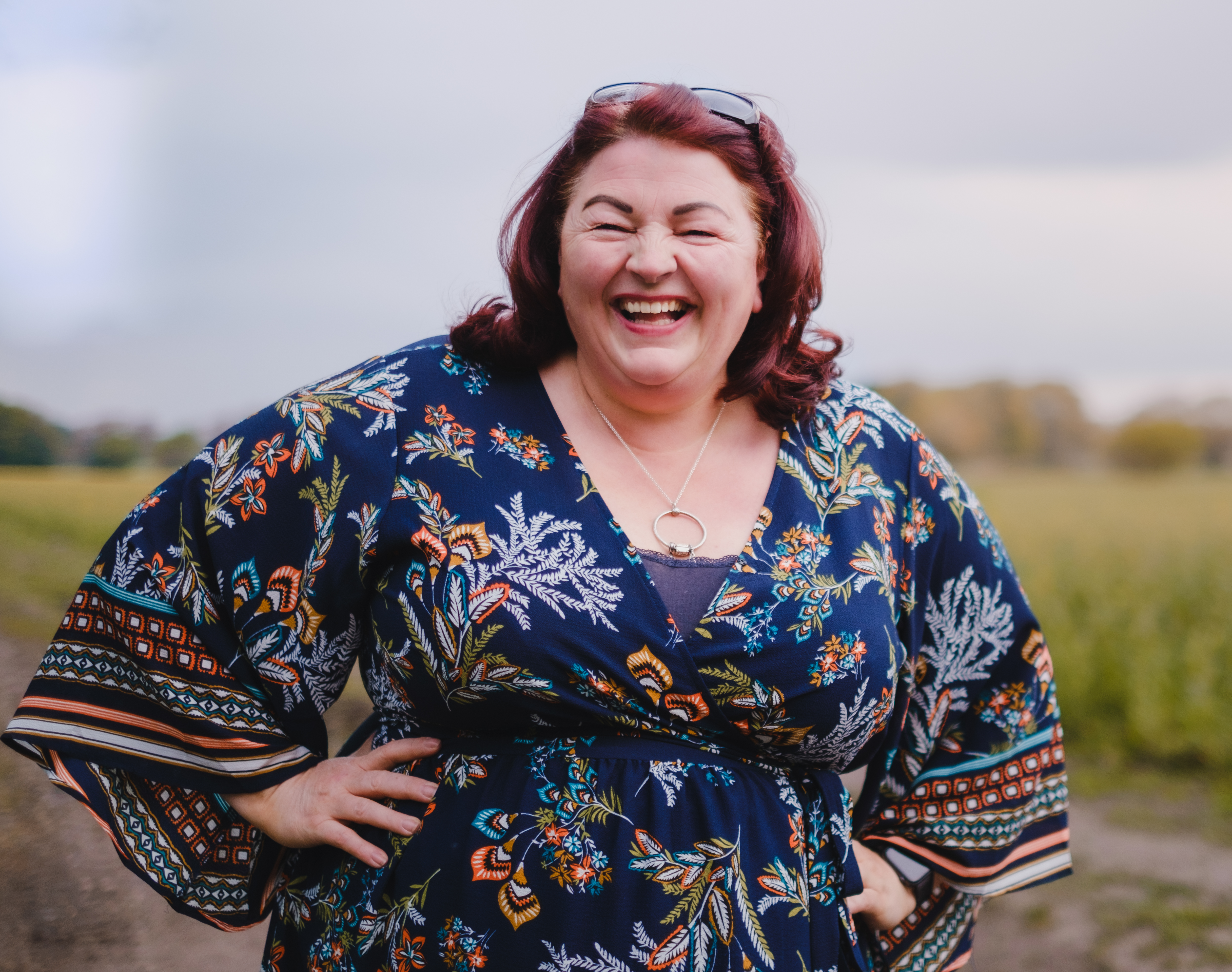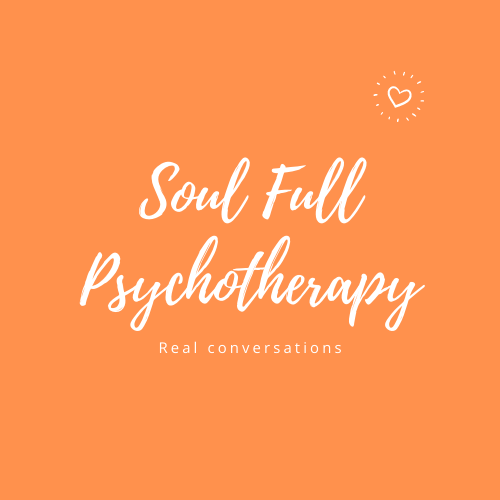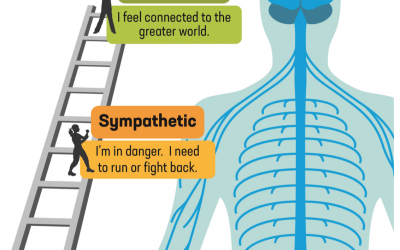Hello – I’m mandy phillips
Psychotherapist and Counsellor
If you are struggling with your mental or emotional well-being, and need somebody to talk to – I’m here. I work with adults who are affected by overthinking, negative thoughts, the inability to relax, and feeling overwhelmed. And let’s face it, we’ve all been there at one point or another.
I particularly enjoy working with Mums and Dads who are new parents and conscious about breaking the generational patterns in family systems. That might appear as you wanting to parent differently to how you were raised.
Therapy is all about the relationship that you’re able to build with your therapist, so make sure you look around and find someone who is right for you.

Accessing Psychotherapy
You might be here because something has happened recently, or something happened a long time ago and it’s recently been brought to the surface again. We can work hard sometimes to bury our emotions and feelings from the past, and it can be an effective strategy – until it’s not.

About Me
A psychotherapist working across many areas but with a personal interest in recovery from childhood trauma. I know first-hand what that feels like, in my bones, and I get how confusing, how debilitating and how lonely it can be to struggle with it alone. I can help.
Are you ready for change?
Sometimes people access a therapist or counsellor because they feel that something isn’t right, it may be that you’re feeling stuck or are recognising repeating patterns in your life. Whatever reason you require a therapist, or even if you’re unsure of any reason at all, be assured that you will be held in a safe emotional space whilst you work it out.
I am warm, approachable, a little bit sweary, and have oodles of compassion. Sometimes we just need to be witnessed in our emotions, and heard whilst we work it out.
Feeling anxious or depressed?
Struggling to cope with normal tasks?
Wondering where the joy has gone?
Feeling stuck?
Overthinking?
Want to work on past traumas?
Miscarriage, Pregnancy Loss or Infant Loss?
What Is Psychotherapy?
Psychotherapy is a type of therapy used to treat emotional problems and mental health conditions. The word psycho (meaning soul) and therapy (healing) brings together two of my very favourite things.
Psychotherapy can help you discuss feelings you have about yourself and other people, particularly family and those close to you. In some cases, couples or families are offered joint therapy sessions together.
What is a Psychotherapist?
Psychotherapists are mental health professionals who are trained to listen to a person's problems to try to find out what's causing them and help them find a solution.
It involves talking to a trained therapist, either one-to-one, in a group or with your wife, husband or partner. It allows you to look deeper into your problems and worries, and deal with troublesome habits and a wide range of mental health issues, such as depression and schizophrenia.
Who is Psychotherapy for?
Psychotherapy is for anyone and everyone who is struggling to deal with their emotions. This may be because you're having a particularly stressful time right now, you may have suffered a bereavement or have complex grief, be going through a difficult breakup or divorce, are facing redundancy, or relationship problems with friends or family members.
Therapists aren't there to solve your problems, but to ask questions and to help you explore your issues. We can offer structure and routine in times of chaos, and more than anything else, we offer a solid and safe place to be connected.
Psychotherapy can help with;
- depression
- anxiety disorders
- borderline personality disorder (BPD)
- obsessive compulsive disorder (OCD)
- post-traumatic stress disorder (PTSD)
- long-term illnesses
- eating disorders, such as anorexia nervosa, bulimia and binge eating
- addiction
What types of Psychotherapy do you offer?
My main focus is humanistic therapies which encourage you to explore how you think about yourself and recognise your strengths. The aim is to help you think about yourself more positively and improve your self-awareness.
There are a several types of humanistic therapies, which are described below.
- person-centred counselling – aims to create a non-judgmental environment where you can feel comfortable talking about yourself and are able to see that you have the ability to change.
- Gestalt therapy – takes a holistic approach, focusing on your experiences, thoughts, feelings and actions to help improve your self-awareness. This type of therapy often involves activities such as writing or role-playing.
- transactional analysis – aims to explore how the problems in your life may have been shaped by decisions and teachings from childhood. You'll work with your therapist to help you find ways to break away from these unconscious repetitive patterns of thinking and behaving.
- transpersonal psychology – encourages you to explore who you really are as a person. It often involves using techniques such as meditation and visualisation.
I have a particular professional interest in family systems therapy, which looks at how you fit in to your family system and use a variety of tools to consider how generational issues may be playing out in our daily lives today.
All sessions are tailored to what you want, and how you want to progress. It is very much led by the client and at your pace.
How does it work?
One of the key objectives of psychotherapy is to help you gain a better understanding of the issues that are troubling you.
It can help you work out new ways of approaching situations that you find difficult, as well as suggesting new methods to help you cope.
Developing a trusting relationship with your therapist is very important and will help you be able to talk about long-standing problems. However, this can take time.
As well as listening and discussing important issues with you, your therapist can suggest strategies for resolving problems and, if necessary, help you change your attitudes and behaviour.
Some therapists teach specific skills to help you tolerate painful emotions, manage relationships more effectively, or improve behaviour. You may also be encouraged to develop your own solutions. In group therapy, the members support each other with advice and encouragement.
A therapist will treat sessions as confidential. This means you can trust them with information that may be personal or embarrassing.
What happens when I see a therapist?
All sessions offered by Soul Full Psychotherapy are conducted online via video call on a secure platform. Once you and your therapist have had a chat and decide you want to progress, you'll be sent a secure link to access your therapy room.
You'll also be sent a contract so that you can see what your rights and responsibilities are, and an intake form where we'll ask for some personal information which is kept safe.
You will meet your therapist regularly, usually once a week, for several months, or sometimes even years. Individual sessions last about 50 minutes, but group sessions are often a bit longer.
Attending to your self
We hear lots about Self-care in the world today. What does that really mean? Learn how to attend to your own needs. Many of us grew up without a role model showing us how to take care of our own emotional needs, take time to care for your self.
Therapy v Coaching
Sometimes we need a coach (to tackle the how of things) and sometimes we need a therapist (to tackle the why?). There is a distinct difference between sessions. You can book a free chat to explore what is best for you.
Articles
Recovering from Living with an Alcoholic Parent: Steps to Healing and Moving Forward
Growing up with an alcoholic parent can be a difficult and painful experience. It can impact an individual's emotional, mental, and physical health and can have lasting effects well into adulthood. However, with the right support and resources, it is possible to...
Why People Access Therapy: Understanding the Benefits of Counselling
If you're struggling with mental health issues, you're not alone. Millions of people across the globe experience mental health challenges at some point in their lives. Whether you're dealing with anxiety, depression, trauma, or other issues, it can be challenging to...
Our Body on Trauma
Trauma and The Body There is increasing evidence that our physiology is forever changed by traumatic events and our responses to them. In biological terms, this is the psychoneuroimmunology system or PNI for short (phew!). Our body on trauma reacts differently than...
Online Resources

Surviving Covid-19 eBook
In these turbulent times, our mental health can be adversely affected. Whether we are working on the front line in one of the many roles that are needed, or we are self-isolating to protect ourselves and our loved ones, this time of crisis will no doubt bring up high emotions. Download this free eBook for tips and tricks to stay sane in this crazy time.

In Crisis?
If you need immediate help with your mental health there are a number of avenues you can take.
If you are suicidal call 999 or go to your nearest Accident and Emergency unit.
Contact your local crisis team
Reach out to a trusted friend or family member
Call the Samaritans free on 116 123 24 hours a day
Need Help Now?
The Staying Safe website has a number of resources available including an online safety plan.
If you are considering ending your life, this plan might buy you some time to consider the implications of your decision while you reach out to get help.
Find Your Balance. Set Your Goals. Take A Challenge. Reward Yourself.
There are many reasons why we leave ourselves until the bottom of the list, when we’re called to be daughter, son, mum or dad. When work, when family, when all the other commitments have taken up our energy and there is nothing left for us.
Take refuge. Carve a small amount of time out that is purely for you and see how it can transform your life.



